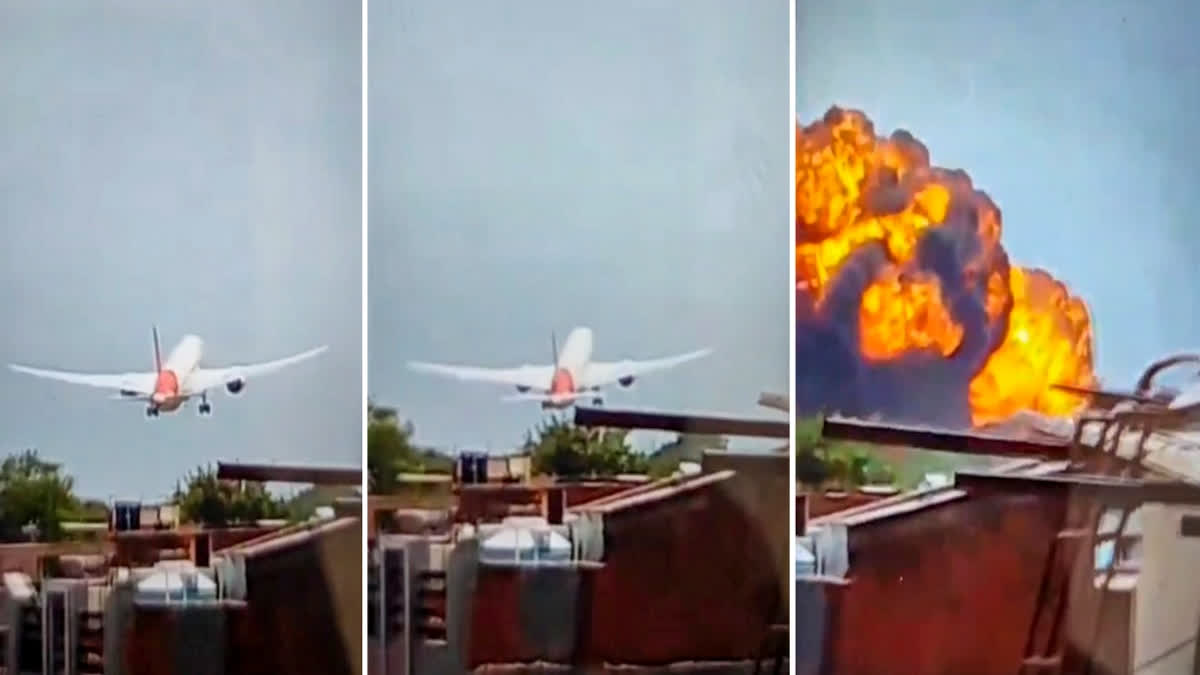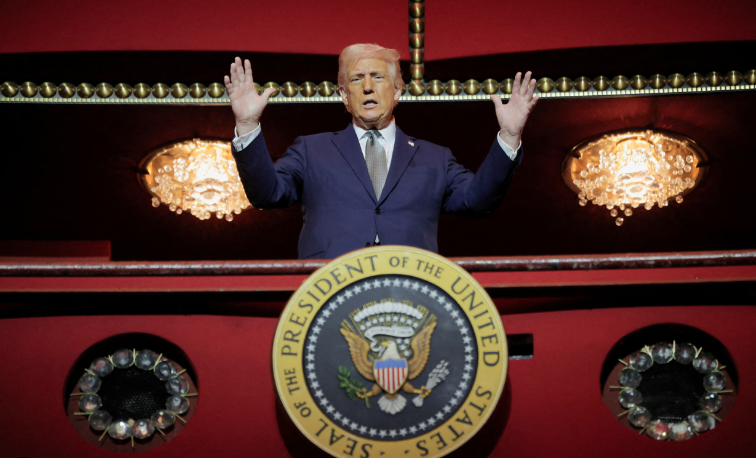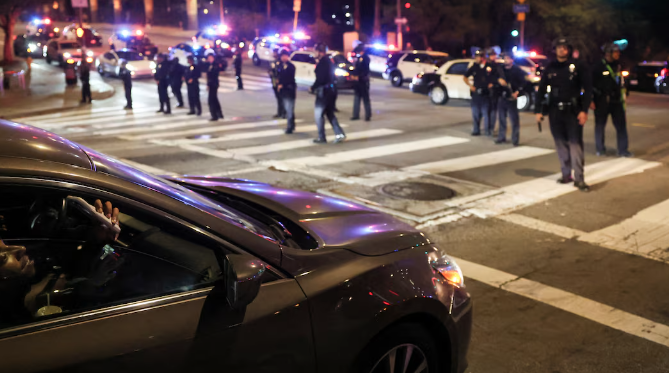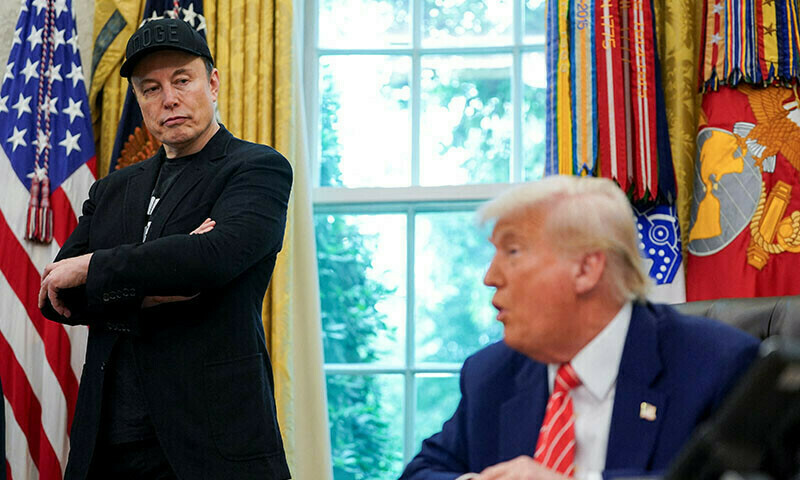WORLD NEWS
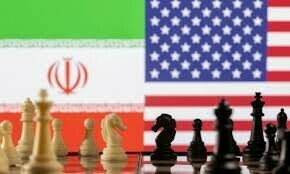
The sixth round of indirect nuclear negotiations between Iran and the United States is scheduled for Sunday in Muscat, as both sides remain locked in a tense standoff over uranium enrichment and sanctions relief. The development comes nearly two months into the most serious nuclear diplomacy since the collapse of the 2015 accord.
Iranian Foreign Ministry spokesperson Esmaeil Baqaei confirmed on Tuesday that the next meeting is being planned for Sunday, though US officials have indicated it could take place as early as Thursday. A source familiar with the preparations said it may occur Friday or Saturday.
The upcoming talks follow five previous rounds and come amid mounting international pressure and regional anxiety. Former US President Donald Trump had pulled Washington out of the 2015 nuclear deal, triggering renewed sanctions and deepening hostilities.
🔸 Counter-Proposal & Enrichment Dispute
Tehran has vowed to present a “reasonable, logical and balanced” counter-proposal in response to a recent US draft that Iran criticized for not addressing key issues — especially the lifting of crippling economic sanctions.
A central sticking point remains Iran’s insistence that its right to enrich uranium is “non-negotiable”, while the US has labeled any enrichment beyond peaceful limits a “red line”. Iran currently enriches uranium to 60% purity, far above the 3.67% limit set under the 2015 deal but short of weapons-grade 90%.
🔸 No Deadlock, But Growing Friction
Iranian Deputy Foreign Minister Majid Takht-Ravanchi rejected notions of a stalemate, saying the upcoming round would be the first where both parties discuss written material in detail.
“What matters to us is that we can safeguard the national interests of the country through these talks,” Ravanchi told Iran’s IRNA news agency.
Meanwhile, a group of Iranian lawmakers accused the US of coordinating with Israel to turn negotiations into a “strategic trap”, using pressure tactics instead of diplomacy.
🔸 IAEA & Threats of Retaliation
As talks progress, the International Atomic Energy Agency (IAEA) convened its Board of Governors in Vienna this week, expressing concern over Iran’s “less than satisfactory” cooperation, especially regarding traces of nuclear material at undeclared sites.
Iran rejected the IAEA’s findings as biased and based on “forged documents” from Israel, warning that any resolution condemning Iran could prompt Tehran to further reduce cooperation with the UN watchdog.
Foreign Minister Abbas Araghchi criticized Western attempts to pass such a resolution, warning of “an appropriate response” from Tehran. He also revealed that Iran had recently obtained Israeli intelligence, which could be used for counterattacks in the event of a strike.
🔸 Regional Tensions Simmer
Tensions with Israel remain high. Israel — an undeclared nuclear power — has frequently threatened to take military action against Iran’s nuclear sites if diplomacy fails.
As the US and Iran edge toward a possible breakthrough or collapse, observers warn that the coming days could determine whether the two sides can revive diplomacy or descend into deeper confrontation.

